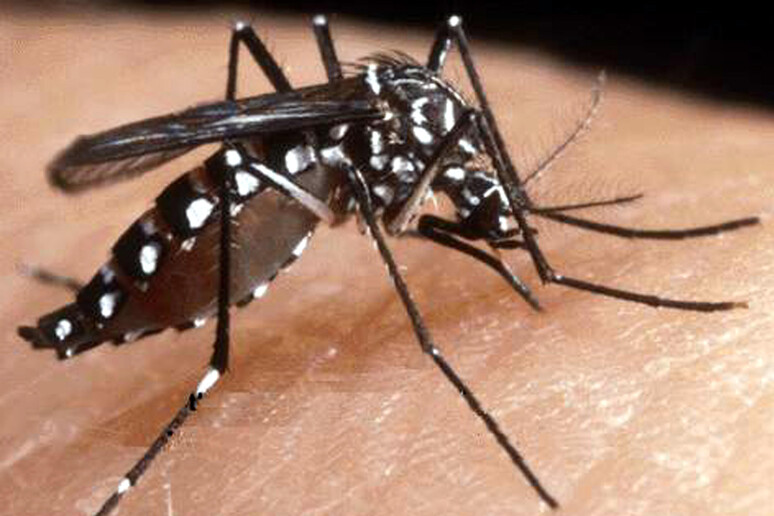Health officials have detected the presence of West Nile virus in mosquito samples collected across Staten Island, Queens, and the Bronx, prompting increased monitoring from public health authorities.
The Centers for Disease Control and Prevention (CDC) confirmed that several specimens tested positive for the virus in recent weeks, though no human infections have been reported so far.
West Nile virus is primarily spread through the bite of an infected mosquito and can affect humans, birds, horses, and other mammals. In New York City, the transmission season typically runs from May through October, with activity peaking during the hottest summer months.
Most people who contract the virus remain asymptomatic or experience only mild, flu-like symptoms such as fever, headache, muscle aches, fatigue, nausea, or skin rash. However, those over age 60 or individuals with compromised immune systems, including patients undergoing cancer treatment or suffering from chronic illnesses, face a significantly higher risk of developing serious complications affecting the brain and spinal cord.
In rare but severe cases, the virus can cause encephalitis, meningitis, or acute flaccid paralysis, conditions that may require hospitalization and prolonged recovery.
There is currently no vaccine or targeted antiviral treatment for West Nile virus. While most mild cases resolve on their own, severe infections demand supportive care in a clinical setting.
Health authorities have emphasized that the virus is not transmitted through direct human contact. Although rare, isolated cases have been linked to blood transfusions and organ transplants.
Residents are advised to take basic precautions to avoid mosquito bites — especially at dawn and dusk, when the insects are most active. Officials recommend applying EPA-registered insect repellents, wearing long-sleeved shirts and pants, and eliminating sources of standing water around homes, which can serve as breeding grounds.
The New York City Department of Health is also encouraging the public to stay informed through official channels and to attend local prevention events listed on the city’s website.












